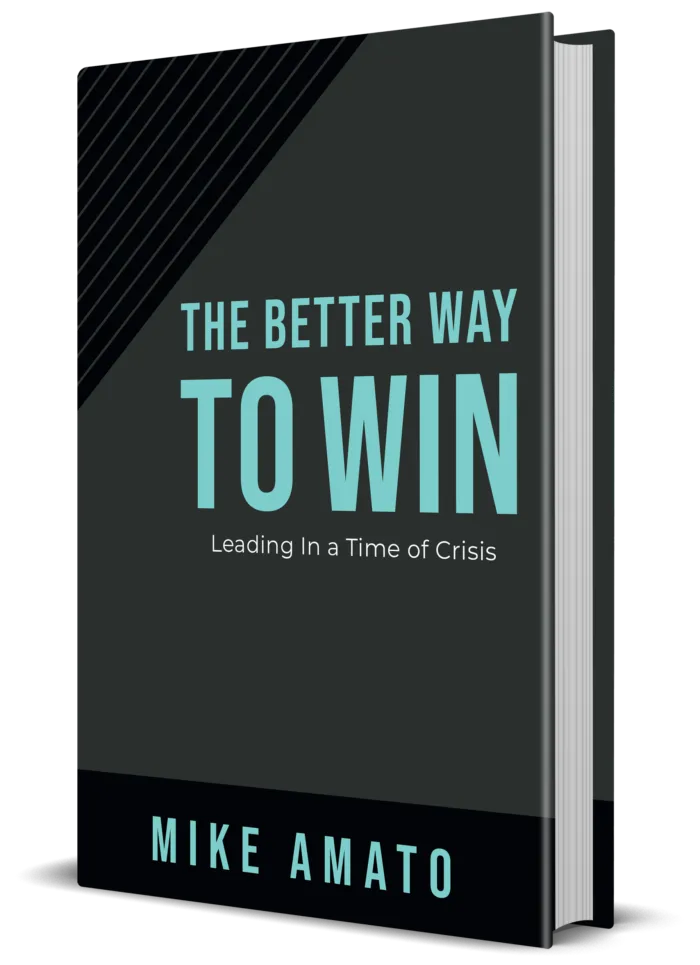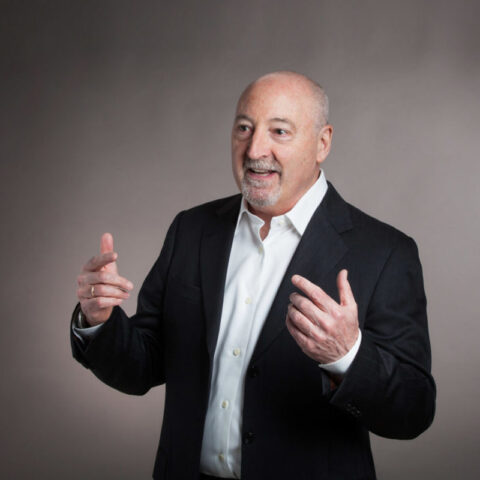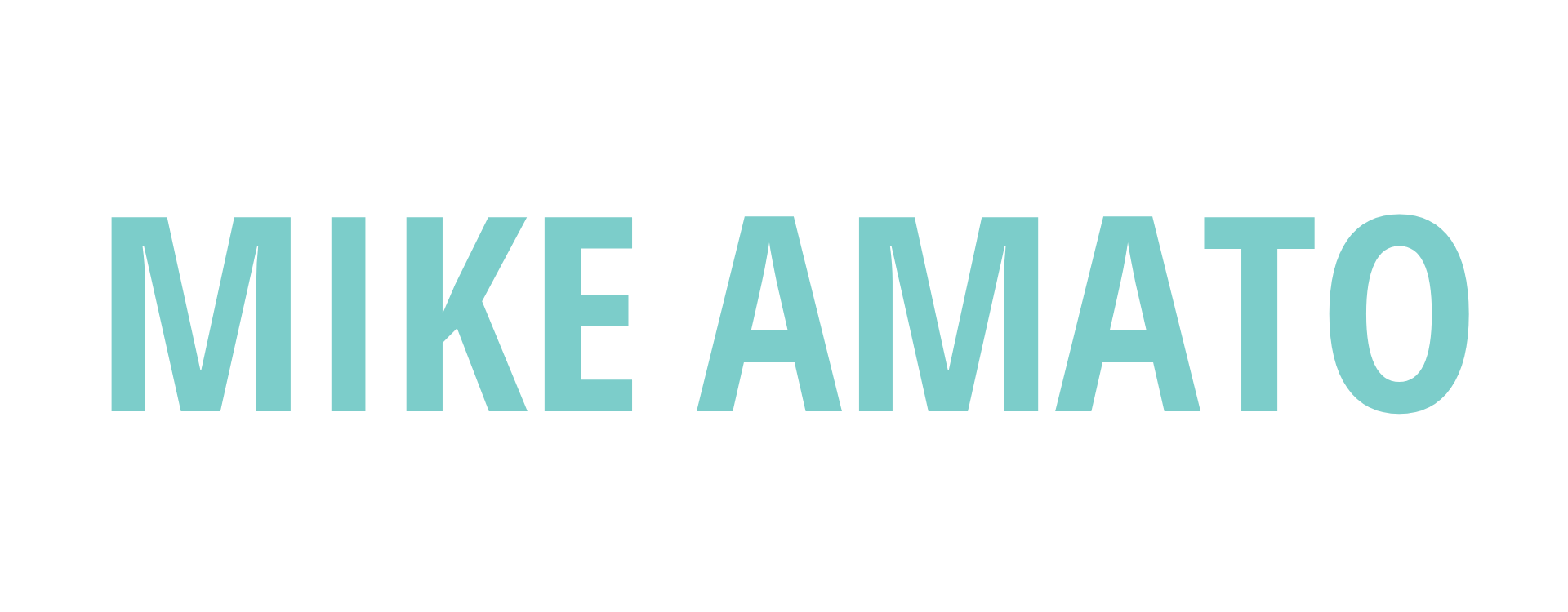The Better Way To Win
Leading in a time of crisis
One Friday Evening,
as I was preparing to head home after a long day at my new job as an executive at Barclays in London, the phone rang. It was a producer from the BBC who told us that we would be on national TV on Sunday. They had embedded three reporters on our staff in branches and call centers and had videos recorded training, meetings and interviews with their fellow ‘colleagues’ revealing a toxic culture where customer well-being had taken a back seat to hitting financial targets. The show was called Whistleblower, and it gave a clear message that our new management team was not facing just poor management behaviors, but that we had a toxic culture that had to be addressed holistically and in record time.
What resulted was a cultural overhaul for 30,000 employees that became one of the most dramatic turnarounds in UK banking history. Come on the journey with me and see:
• How the myopic focus on profitability ironically damages profitability
• How to spot the early signs of cultural degradation before crisis strikes
• How the P&L of People and Leadership are the twin keys to unlocking stellar financial performance
• How to structure the creation of an intentional cultural serving a compelling, common purpose
You will learn how to sustain an intentional culture by streamlining communications to end virtue signaling and connect with your organization on an entirely new, and deeper level. More relevant today than ever before, read along and see that there is, indeed,
A better way to win

Meet Mike
Mike is one of the country’s most sought-after executive coaches and consultants. He helps individuals and organizations exceed their own expectations by embracing the art of transformation and using it to drive vision, values, alignment, innovation, and profit.
Prior to working as a coach and consultant Mike served as an Executive Director at Barclays Bank. While at Barclays Mike was responsible for one of the largest and most successful transformations in banking history, including:
• Increasing overall employee engagement from 64% to 92%
• Increasing output among customer facing teams by 244%
• Increasing compliance scores, audit scores, and union relations
• Improving net profitability and outperforming targets by 125%
Work With Mike
AS A SPEAKER
Mike brings exceptional energy and clarity to the theme that the fundamental relationship between managers and employees has been irrevocably altered due to advancements in technology and the pandemic.
AS A COACH & MENTOR,
Mike works with C-suite, as well as senior leaders to help them grow their influence and effectiveness through a 6 step process that allows each leader to develop insights that are unique to their personality and leadership style. This program includes strategic and tactical input for individual effectiveness and strategic alignment within teams.
AS AN ADVISOR,
Mike can work with your executive team on a unique training program designed to help create an intentional culture with exceptional return on investment. His deep experience as an executive in large organizations allows him to provide targeted insights into how to eliminate silos and work together as a team to bring your organization’s vision, mission and strategy to life in ways that reflect and promote the core values throughout the organization.
Learn More →

“What makes Mike special is the way he is able to effortlessly combine his intellectual horsepower with an incredible sense of empathy and connection with an audience, making the whole experience magical for all who get the privilege to hear him speak. It is nearly impossible not to be inspired by his message, challenging all to see the world in an entirely new way!”
Adrian Walcott, Managing Director, Brands With Values
Frequently Asked Questions
What is executive coaching?
Executive coaching is a personalized development process that helps leaders grow professionally, improve performance, and unlock their full potential. It often includes one-on-one sessions focused on leadership skills, strategic thinking, communication, and goal-setting.
Who is executive coaching for?
It’s designed for CEOs, executives, managers, and high-potential professionals looking to elevate their leadership, navigate complex challenges, or prepare for new responsibilities.
What are the benefits of executive coaching?
Clients report increased confidence, better decision-making, stronger communication, improved team dynamics, and a sharper strategic vision. Coaching can also help reduce stress and prevent burnout.
How is coaching different from consulting or therapy?
Coaching focuses on unlocking your potential through powerful questioning and strategic support—you're the expert on your business. Unlike therapy, coaching is future-focused and performance-driven. Unlike consulting, coaches don't provide solutions—they help you uncover them.
TESTIMONIALS
What others are saying
"Mike's work inspired a proper transformation in my life."
"He’s led me to grow as a human and professional every single day. From a professional perspective, I achieved measurable results in just 2 months. So again THANK YOU!! Our sessions made a massive difference and have given me a roadmap and strategy for the rest of my life.”
- Monica Millares, head of product development at Big Pay in Kuala Lumpur
"Thank you for all the learning and support."
"Mike’s natural ability to cut through ambiguity, define a clear vision and communicate a strategy for success is compelling and powerful. Mike is a trailblazer, a mentor, a coach and he energizes people through his insightfulness and engaging personality.””
- Nora McCarthy, Regional Performance Director, Barclays Bank
